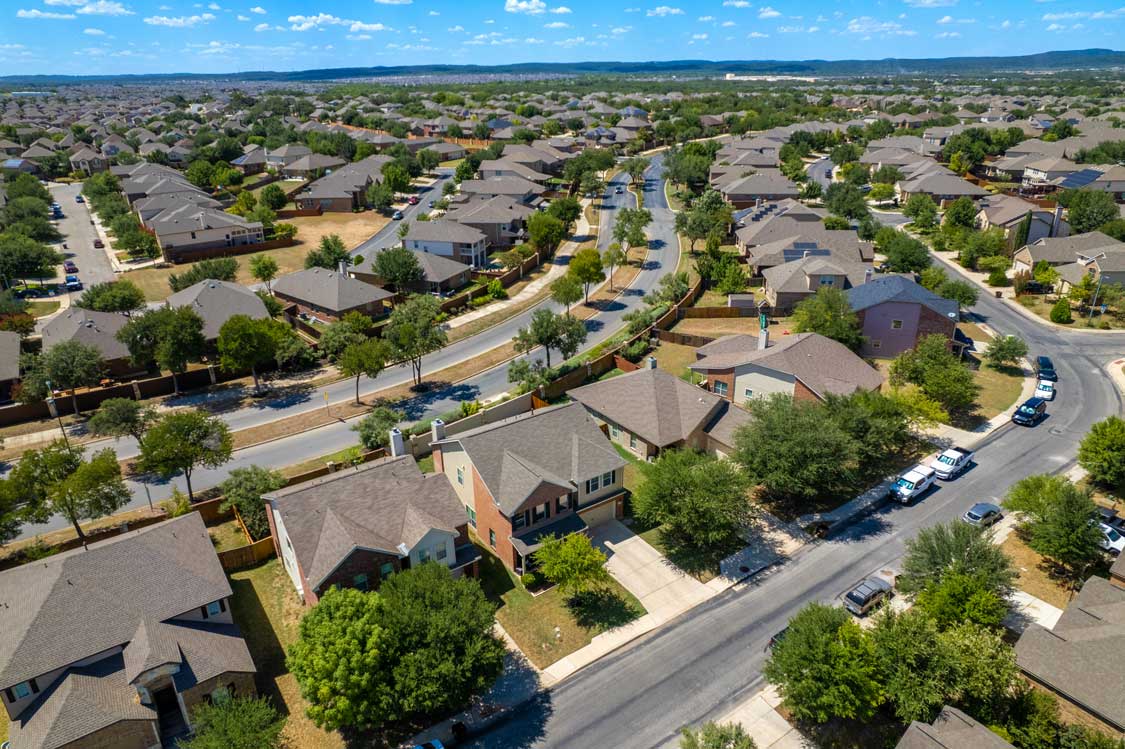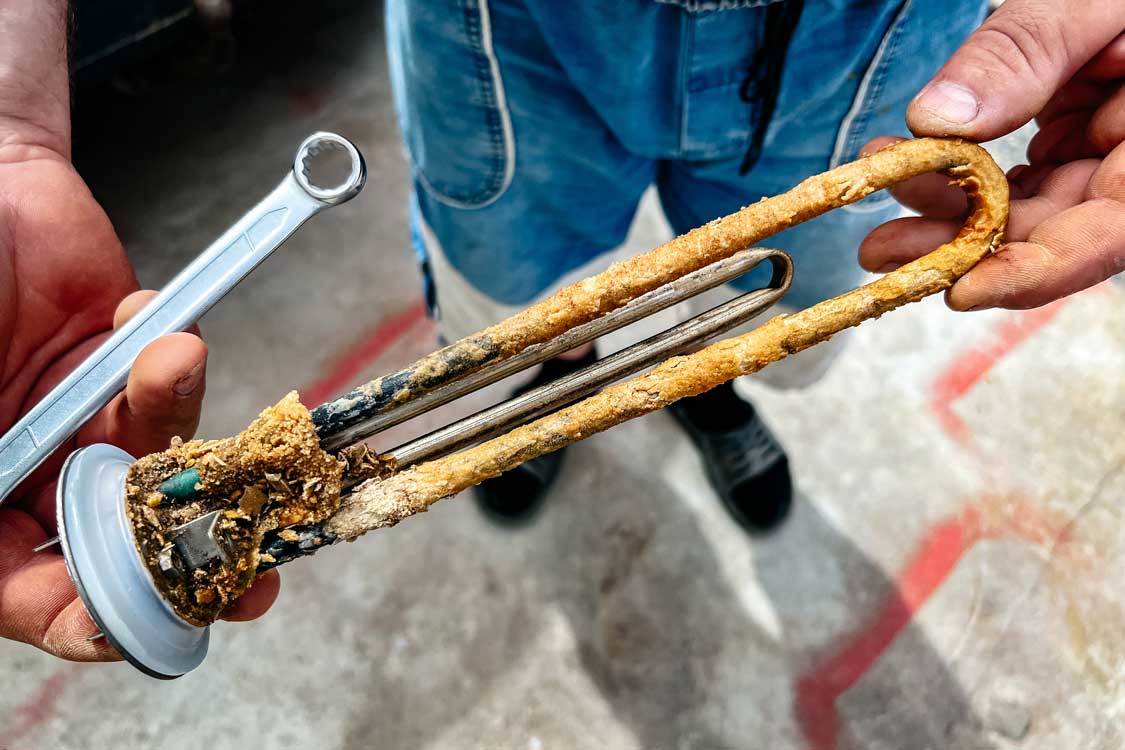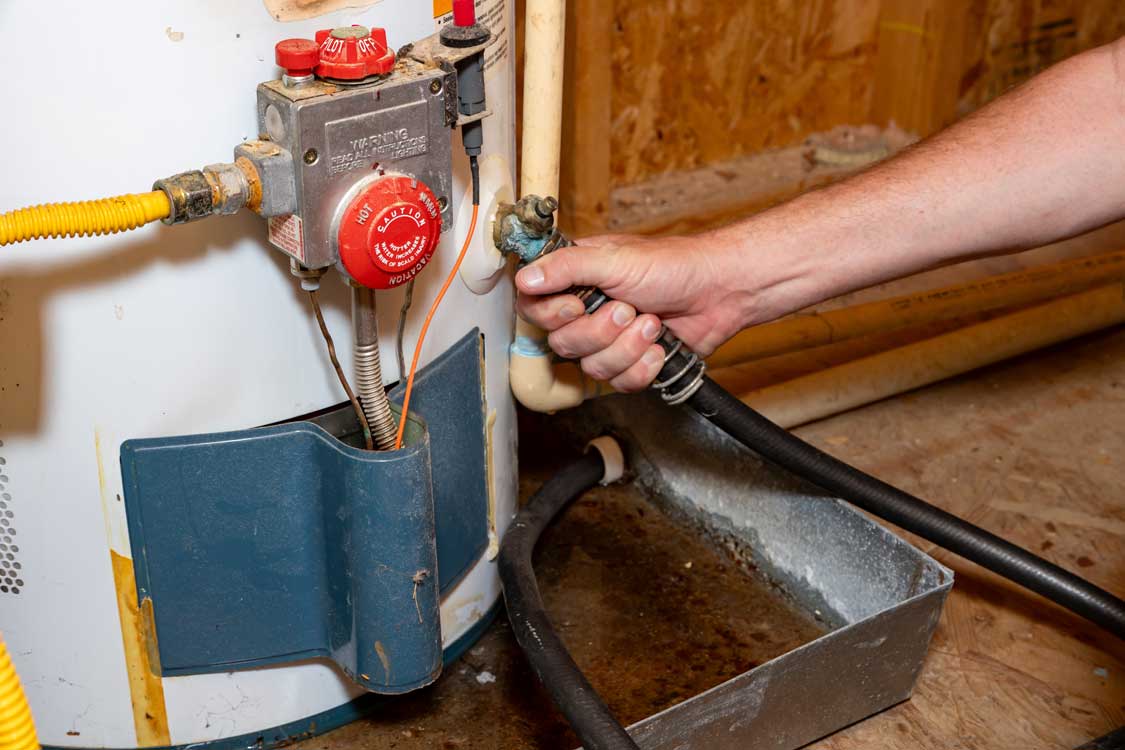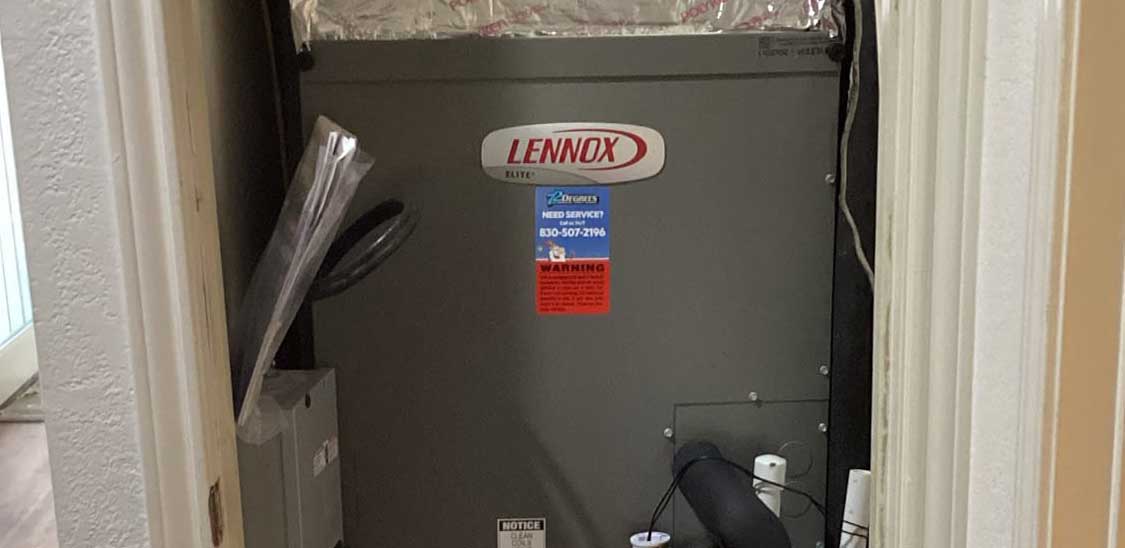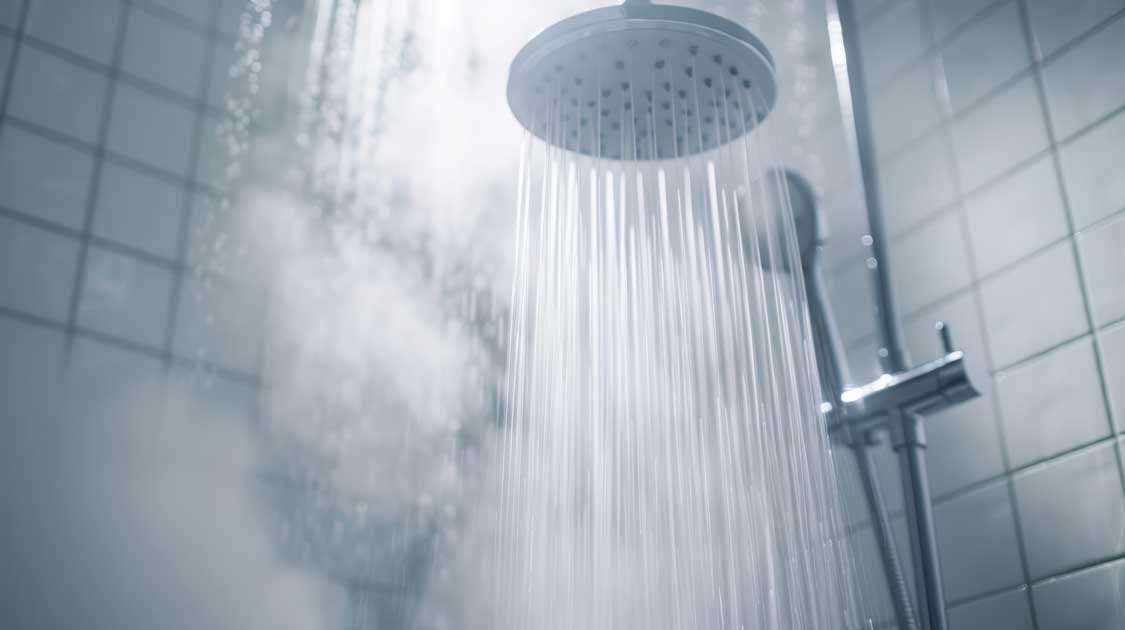In the Texas Hill Country, many homeowners are battling the persistent problems caused by hard water. The excess calcium and magnesium not only lead to stubborn limescale buildup but also diminish the efficiency of your appliances, resulting in unexpected costs and daily frustrations.
We know how overwhelming it can be to deal with these issues in your own home. That’s why finding the right solution is so important. Water softeners and water conditioners both offer ways to address hard water, but they work differently. Understanding these differences can help you choose the best option to improve your water quality and protect your home.
Understanding Hard Water and Its Impact
What Is Hard Water?
Hard water is water with high levels of dissolved minerals, mainly calcium and magnesium. These minerals naturally mix into the water as it flows through limestone and other mineral-heavy rocks in the Texas Hill Country. While safe to drink, hard water can cause a lot of trouble for plumbing, appliances, and even your skin and hair.
When hard water flows into a home, its minerals react with soap, detergents, and surfaces. This reaction causes mineral deposits, or limescale, to form on pipes, fixtures, and appliances. Over time, these deposits can clog pipes, reduce the efficiency of water heaters, and leave unpleasant spots on glassware and dishes.
Common Problems Caused by Hard Water
The effects of hard water can be seen and felt throughout the home. White, chalky residue often appears on faucets and showerheads, which is a sign of limescale buildup. Over time, this buildup can restrict water flow and damage plumbing systems.
Household appliances like dishwashers, washing machines, and water heaters also have a harder time functioning properly with hard water, which can cut their lifespan short. On a personal level, soap doesn’t work as well, leaving skin feeling dry and hair looking dull. These everyday frustrations make addressing hard water a priority for many homeowners.
Water Softeners: How They Work and Their Benefits
How Does a Water Softener Work?
Water softeners tackle hard water by completely removing the minerals causing the problem. Through a process called ion exchange, calcium and magnesium ions are swapped out for sodium ions. Inside the system, resin beads coated with sodium ions attract and trap the hardness minerals as water passes through.
When the resin beads reach their capacity for capturing minerals, the water softener enters a regeneration phase. During this process, a saltwater solution flushes out the trapped minerals and renews the resin beads, ensuring the system continues to deliver softened water throughout the home.
Benefits of Using a Water Softener
Water softeners address hard water issues at their root by removing the minerals entirely. This eliminates limescale buildup, helps appliances run more efficiently, and increases their lifespan. Softened water also enhances the performance of soaps and detergents, leading to cleaner dishes, softer laundry, and skin and hair that feel noticeably smoother.
For homeowners looking to get rid of the hassles caused by hard water, a water softener offers a dependable solution. It improves water quality and reduces the effort and time spent on cleaning and maintenance.
Considerations and Maintenance for Water Softeners
While highly effective, water softeners do require some upkeep. Homeowners need to regularly add salt to keep the system running well. The regeneration phase also produces wastewater, which can raise environmental concerns in certain areas. Checking local regulations is important, as some municipalities have restrictions on salt-based water softeners.
What is a Water Conditioner?
Water conditioners take a different approach to improving water quality. Rather than removing minerals, they change their structure to reduce negative effects. This makes them a popular choice for homeowners in Fredericksburg seeking an eco-friendly, low-maintenance option.
How Does a Water Conditioner Work?
Water conditioners use processes like Template-Assisted Crystallization (TAC) to alter the structure of hardness minerals. These restructured minerals lose their ability to cling to surfaces, which prevents limescale buildup in pipes, fixtures, and appliances. While the minerals remain in the water, their impact is significantly reduced, making water conditioners effective for managing scale.
Advantages of Water Conditioners
Water conditioners offer a simple, low-maintenance option for addressing hard water. They don’t require salt, electricity, or frequent regeneration, making them environmentally friendly and easy to use. Many models also improve water by reducing chlorine and other chemicals, which enhances the taste and smell of tap water.
Limitations of Water Conditioners
Although water conditioners effectively prevent limescale buildup, they don’t remove minerals entirely. For homes dealing with particularly high mineral content or additional water quality concerns, a conditioner may not be as effective as a softener.
Water Conditioners vs. Water Softeners
Mineral Removal vs. Mineral Transformation
The main difference between water softeners and water conditioners comes down to how they address minerals in the water. Softeners remove calcium and magnesium completely, delivering true soft water. Conditioners modify the structure of these minerals to reduce scaling without removing them.
Salt Usage and Environmental Impact
Water softeners require salt to function, and their regeneration process creates wastewater containing salt and removed minerals. Conditioners avoid these issues altogether, making them a greener option for environmentally conscious homeowners.
Effectiveness on Scale Prevention
Both systems help prevent limescale, but softeners take it a step further by eliminating the minerals responsible. Conditioners are a better fit for homes where scaling is the primary concern and mineral levels aren’t excessively high.
Maintenance and Costs
Conditioners are simpler to maintain and tend to have lower ongoing costs than softeners. Softeners require regular salt refills and occasional maintenance, which might increase long-term costs. However, both systems involve an upfront cost for installation.
Choosing the Right Water Treatment System for Your Home
Assessing Your Home’s Water Needs
The best way to decide on a water treatment system is to test your water first. A professional test can measure hardness levels and identify additional concerns, like chlorine or iron.
When to Opt for a Water Softener
A water softener is the best choice for homes with very hard water or significant limescale issues. It’s especially effective for well water or when complete mineral removal is preferred.
When a Water Conditioner Might Be the Better Choice
Conditioners shine as a low-maintenance, eco-friendly option. They are ideal for areas with restrictions on salt-based systems or when preventing scaling is the main goal.
The Importance of Professional Assessment
Choosing the right system is a big decision, and getting advice from a professional can make the process much easier. Proper installation and regular maintenance ensure the system works as intended.
Experience Unmatched Comfort with 72 Degrees Texas
Since 1986, 72 Degrees Texas has been helping families in Fredericksburg and the Texas Hill Country improve home comfort and efficiency. Our experienced team offers expert advice, professional installation, and top-notch customer service.
Custom Solutions for the Texas Hill Country
We’re familiar with the unique challenges of hard water in this area. Whether you’re considering a water softener, a conditioner, or simply need guidance, we’ll recommend solutions tailored to your needs.
With our professional installation and maintenance services, you can enjoy the benefits of improved water quality without the hassle. Say goodbye to hard water woes and hello to softer skin, shinier hair, and more efficient appliances.
For ultimate peace of mind, consider joining our Care Club—with regular tune-ups, priority service, and savings on repairs, we take care of the hard work so you don’t have to. Don’t let hard water disrupt your home life any longer. Contact 72 Degrees today at (830) 251-6573 or email us at [email protected] to schedule your professional water evaluation.
We are the Wizards of Comfort.



